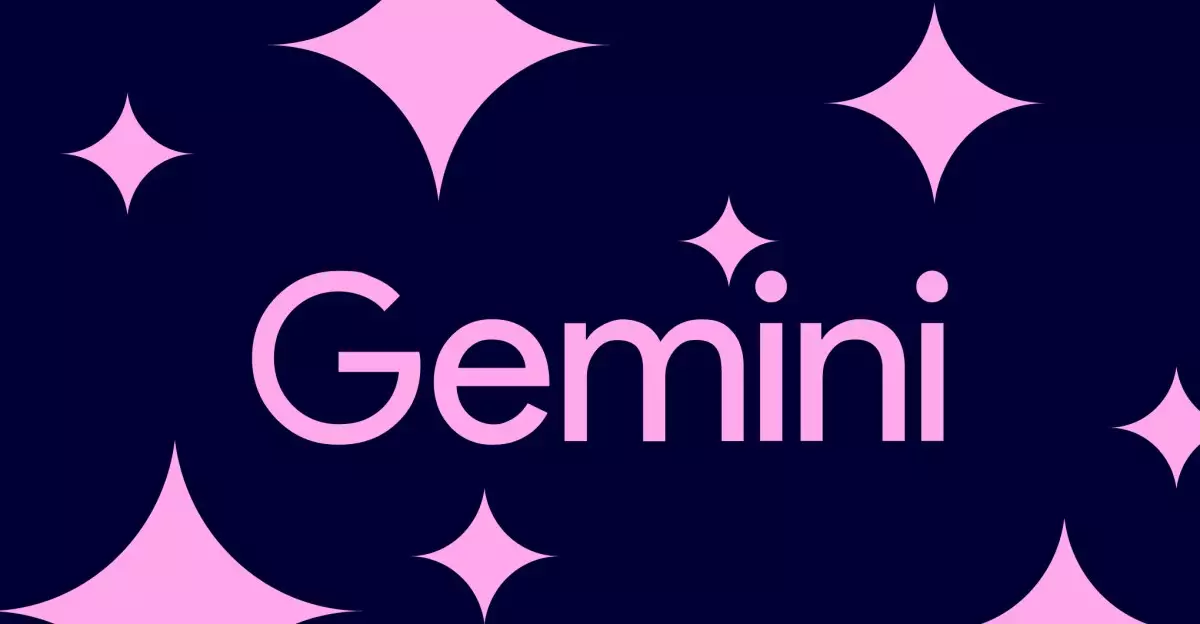In a revolutionary step towards digital literacy, Google is set to introduce Gemini apps to children under 13 through managed family accounts. This bold initiative marks a significant transition in how technology is integrated into childhood development. By allowing kids access to artificial intelligence tools, which are designed to aid in learning and creativity, Google taps into a growing trend where technology becomes an ally in educational endeavours rather than a mere distraction.
Building a Safer Digital Playground
While the potential benefits are enticing, it’s essential to recognize the inherent risks involved with introducing AI to young users. Google’s acknowledgment of these risks, highlighted in their communications to parents via the Family Link parental controls, demonstrates a commitment to transparency. The promise that children’s data will not be utilized for AI training is a positive aspect, assuaging some parental fears about privacy and data security. However, the warnings about the inherent limitations of AI—like its potential to make ridiculous or inappropriate suggestions—should not be taken lightly.
Parents must now grapple with the dual responsibility of leveraging these tools for educational growth while vigilantly supervising their usage. The prospect of kids mistakenly believing they’re interacting with a human entity emphasizes the need for robust education around AI’s functionalities and limitations. This isn’t just a matter of parental oversight; it’s an invitation for parents to engage in meaningful conversations about technology with their children.
Balancing Creativity and Control
The versatility of Gemini, as described in Google’s rollout announcement, highlights its potential to support homework and storytelling. This could foster a new dimension to learning where children aren’t just passive recipients of information but active participants in their educational journey. However, this empowerment brings along the pressing question of how much control parents should exert. The Family Link’s design aims to offer parents tools to monitor their children’s digital interactions, but simply having these controls in place doesn’t alleviate the concerns related to exposure to inappropriate content or misinformation.
The analogy of riding a bicycle comes to mind—while learning the skill promotes independence and confidence, it also necessitates the presence of a responsible adult. Parents have the unique opportunity to not only monitor but also guide their children through this new digital playground. Serious conversations about what constitutes safe and appropriate online behavior are crucial.
A New Era of Digital Literacy for Kids
In providing children with tools like the Gemini AI, Google is initiating a dialogue around digital literacy at an early age. The emphasis should not solely be on vigilance but also on enhancing children’s critical thinking skills. As we advance deeper into the digital age, nurturing an understanding of technology is vital. Rather than hide children from AI’s complexity, parents and educators should embrace the challenge of teaching children how to navigate this technology responsibly.
The rollout of Gemini apps is an opportunity to fundamentally reshape the concept of learning in an increasingly digital society. As both technology and education evolve, integrating conscious, informed usage of AI will ultimately arm young minds with the awareness necessary to thrive in the future.

